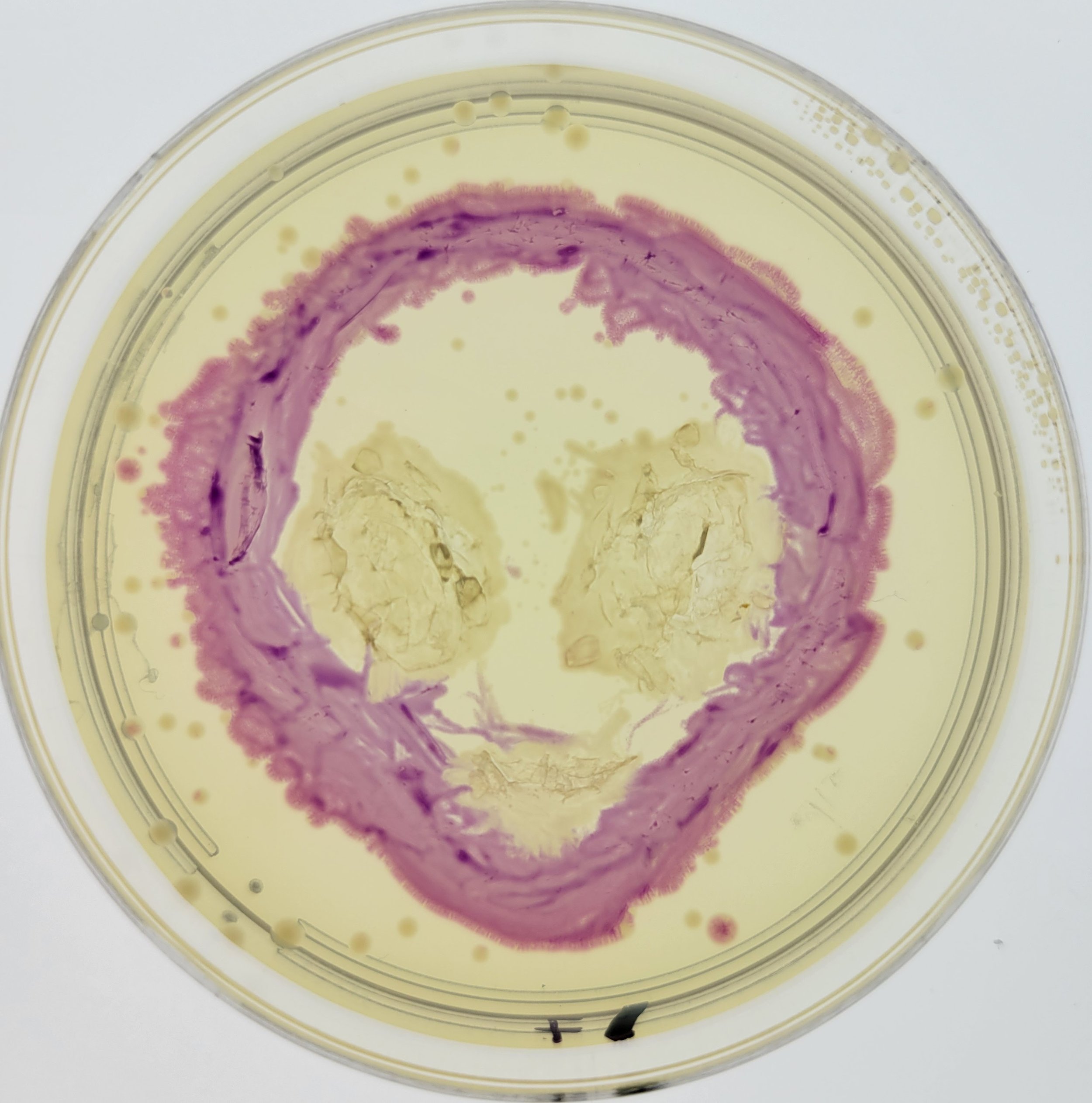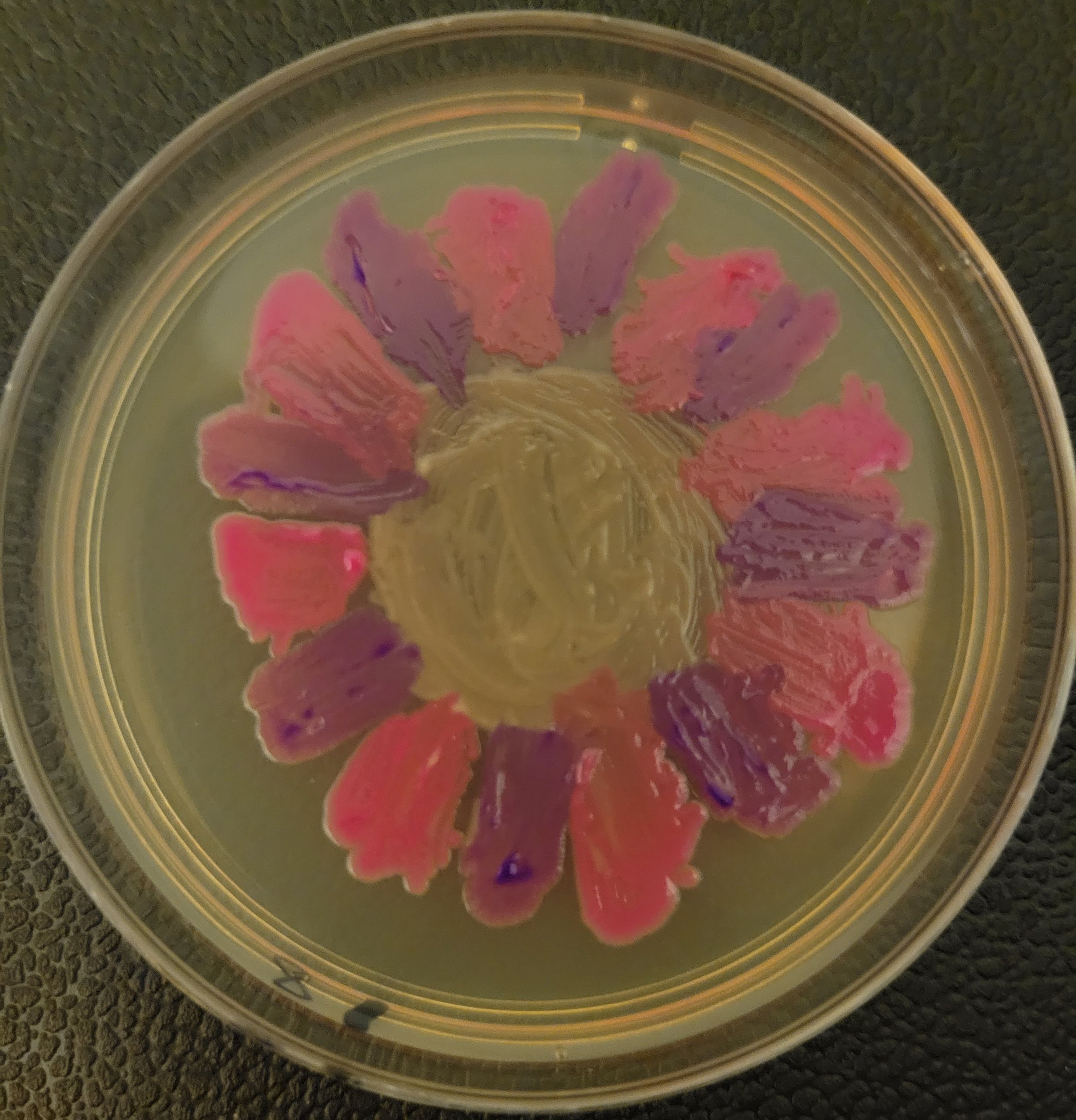Celebrating Innovation & Technology with FITCI
The Frederick Innovative Technology Center (FITCI) recently unveiled its new space with a grand opening event that showcased the center's commitment to fostering innovation and community engagement. At the event three pavilions were showcased, dedicated to the future of science, technology, and sustainability. CELLS was proud to be a part of the science pavilion, offering engaging and educational activities.
Unveiling FITCI: A Hub for Innovation
FITCI's state-of-the-art facility is poised to become a catalyst for entrepreneurship and technological advancement in the region. The grand opening provided a platform to showcase the center's resources and its dedication to supporting startups and established businesses. As attendees explored the space, they gained a glimpse into the potential for groundbreaking discoveries and transformative innovations.
CELLS: Cultivating Knowledge Through Engagement
One of the core missions of CELLS is to promote bio-literacy* within the community. By making science accessible and enjoyable, CELLS aims to inspire a new generation of scientists and informed citizens. At the grand opening, CELLS offered a variety of hands-on activities that captivated FITCI’s Education Lab visitors.
Agar Art - Creating Paintings With Microorganisms:

























































A huge thank you to our sponsor, Amino Labs, for making our Agar Art station possible! And a huge thank you to our first cohort of middle and high school biotechnology students! Our students prepared the agar plates for this engaging activity, while learning how to accurately prepare solutions and the importance of sterilization and aseptic technique, so we can all enjoy only the art we drew and no other organisms growing on our agar art plates!
Participants transformed petri dishes into canvases with vibrant artworks by drawing with genetically engineered E. coli generously provided by our sponsor, Amino Labs. To see the final art the bacteria on the agar have to incubate at 37 C for about 24 hours. This activity introduced visitors to the fascinating world of microbiology and biotechnology and demonstrated the creative potential of science. Check out their masterpieces above! These cool engineered E. coli glow when exposed to UV of Blue light!
Micropipetting Art:
Using micropipettes, attendees created intricate and colorful designs, showcasing the precision required in scientific work while also highlighting the artistic side of science.





Build a DNA Molecule:
This interactive activity allowed participants to construct a model of a DNA molecule, gaining a deeper understanding of this fundamental building block of life.
Through these engaging experiences, CELLS communicated the significance of bio-literacy* and that anyone can learn about biotechnology and engage in scientific exploration. By fostering an understanding of scientific and technological concepts, CELLS empowers the community to make informed decisions for the use and governance of scientific and technological products.
We would like to thank the state and county officials who stopped by the Education Lab to learn about CELLS’ vision and future programs. Their support is invaluable as we work to empower the community with knowledge to make informed decisions about the use of new technologies in our daily lives.
A Promising Future
The FITCI grand opening, coupled with the dynamic activities provided by the exhibitors, including CELLS, marked a significant step forward in creating a more innovative and informed community. As FITCI continues to support entrepreneurs and drive technological progress, and as CELLS expands its outreach efforts, we can anticipate a future characterized by groundbreaking discoveries, scientific advancements, and a community that is enthusiastic and engaged in the responsible use of new technology in our daily lives.
*Bio-literacy is essential for navigating our increasingly complex world. A good understanding of biology and biology as technology empowers individuals to make informed decisions about their health, the environment, and emerging technologies that are quickly infiltrating our daily lives. From understanding the impact of climate change to evaluating the benefits and risks of genetic engineering, bio-literacy is crucial for active and engaged citizenship. Moreover, it fosters innovation and problem-solving, as an understanding of biological systems is fundamental to addressing global challenges such as food security, disease prevention, and sustainable development. As we witness rapid advancements in biotechnology, with developments not only in health and medicine but also adaptation in virtually all industries through innovations such as biocement, glow-in-the-dark pets and plants, biofortified foods through genetic engineering, and biotechnology's integration into fashion, a bio-literate population will be better equipped to assess the potential impacts, use, ethical considerations, and opportunities arising from these innovations.

